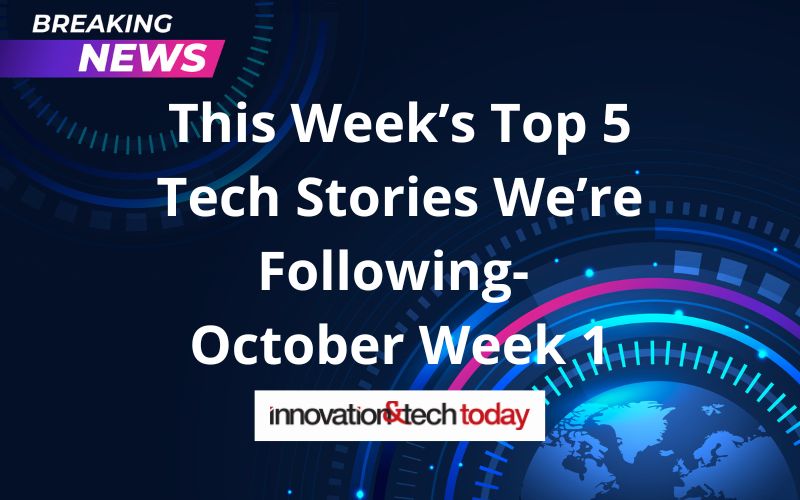


Lots has happened this past week in the tech world! With Meta making new advancements with smart glasses and the Metaverse, Amazon testing a warehouse integration within Whole Foods, and more, there’s much to catch up on. So, let’s get started!
Following its unexpected early success in the smart glasses market through a collaboration with Ray-Ban, Meta is building anticipation for a more advanced prototype called Orion, a project nearly a decade in development. Zuckerberg’s unveiling of Orion last month has sparked a wave of excitement rarely seen in the metaverse.
The successful demonstration at Meta’s annual Connect event was a welcome relief for many employees and marked a shift in internal attitudes toward Zuckerberg’s expensive hardware ventures, according to sources familiar with the company who requested anonymity due to lack of authorization to speak publicly.

Amazon announced on Oct. 9 that it is testing the integration of mini-warehouses within Whole Foods stores as part of an effort to draw more customers to its grocery locations and compete with other supermarket chains.
The tech company is constructing a micro-fulfillment center attached to a Whole Foods store in Plymouth Meeting. Once operational within the next year, customers will be able to order items through Amazon’s website and its grocery service, Amazon Fresh, and conveniently pick them up in-store while checking out at Whole Foods.
OpenAI is rapidly becoming a favored platform for cyber actors attempting to interfere with democratic elections worldwide.
In a 54-page report released on Oct. 9, the ChatGPT creator revealed that it has disrupted “more than 20 operations and deceptive networks globally that tried to exploit our models.” These tech threats included AI-generated articles on websites and social media posts created by fake accounts.
Nvidia shares have soared 25% over the past month, nearing a record high as tech earnings season approaches, with major customers like Meta, Microsoft, and Alphabet set to update investors on their anticipated AI investments.
After a sharp, temporary dip in late August and early September, Nvidia has made a strong recovery. The stock closed slightly lower on Oct. 9 at $132.65, just below its June closing high of $135.58. Nvidia has now surpassed Microsoft to become the second-most valuable company, trailing only Apple.
San Francisco-based AI startup Writer unveiled a large artificial intelligence model, aiming to compete with enterprise solutions from companies like OpenAI and Anthropic. However, unlike its competitors, Writer has managed to significantly reduce training costs for its AI.
The company revealed to CNBC that it spent roughly $700,000 to train its latest model, covering data and GPU costs, a fraction of the millions typically spent by other tech startups. This cost-efficient strategy has piqued the interest of investors.